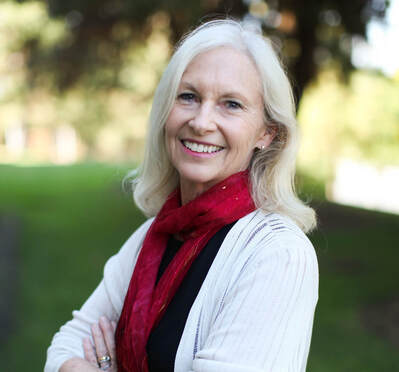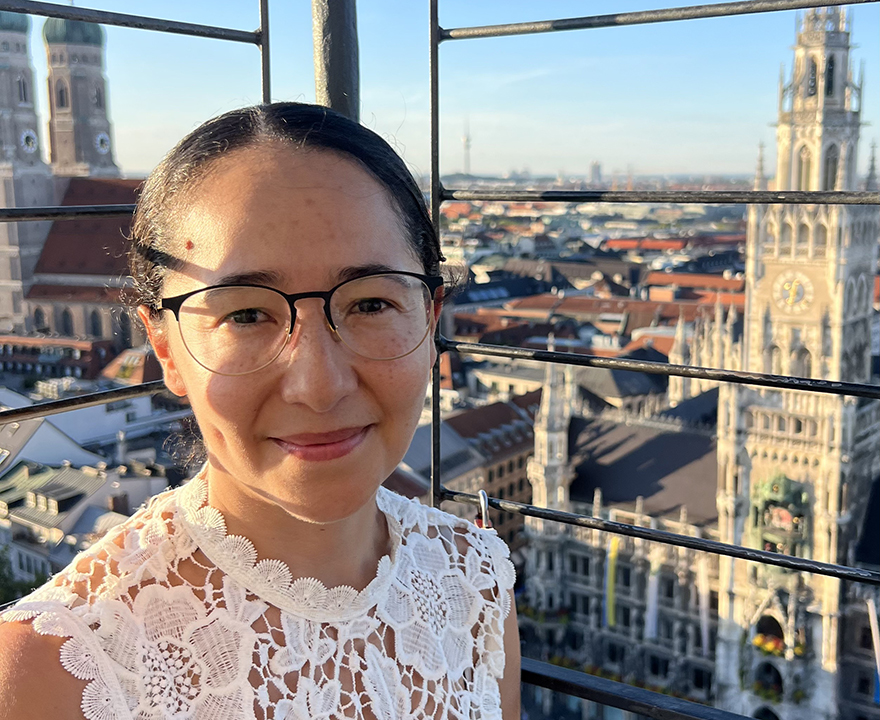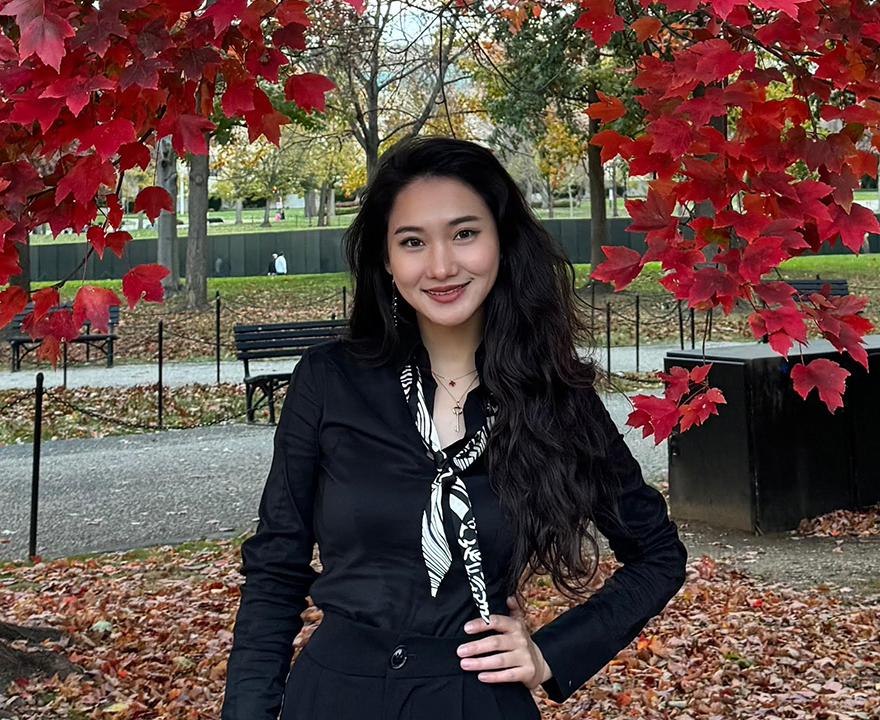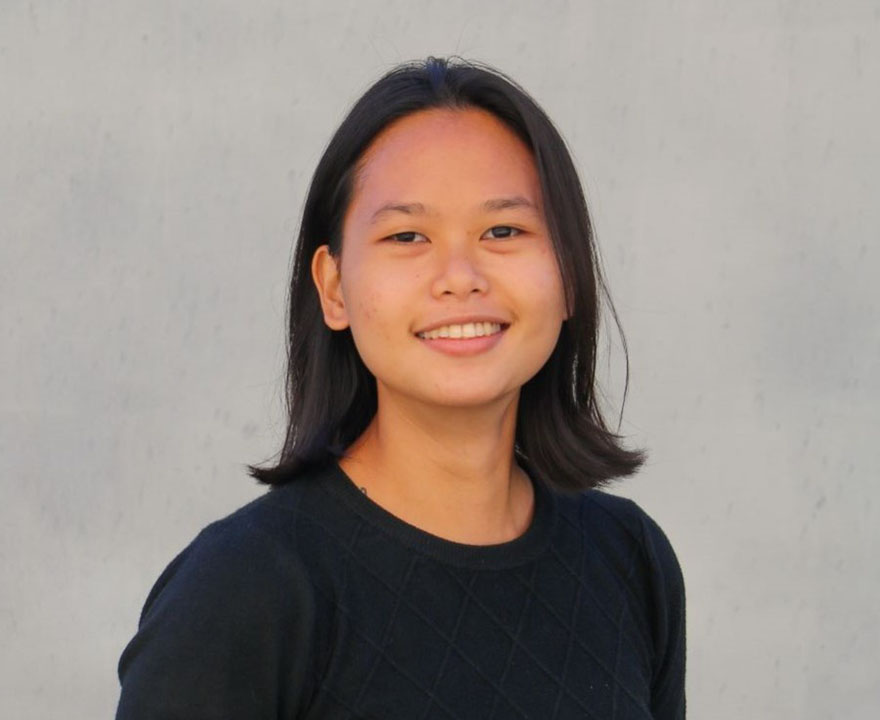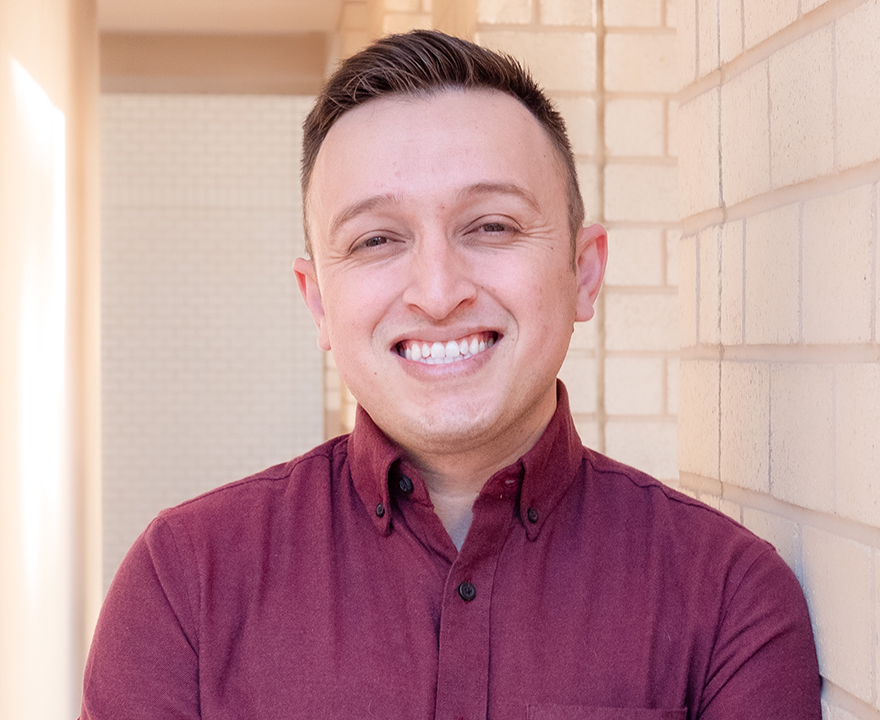Dr. Jenny Woo, the 2025 UC Irvine Winter Commencement Speaker, earned her Ph.D. In Human Development and Education from UCI in 2022, holds a Master’s in Education from the Harvard Graduate School of Education, and an MBA from UC Berkeley. Her work centers on helping people realize their potential from the classroom to the boardroom.
As a social entrepreneur, Dr. Woo is passionate about bridging science and practice. She is the creator of Mind Brain Emotion, where she made award-winning emotional intelligence card games used in more than 50 countries, including bestsellers 52 Essential Conversations and 52 Essential Coping Skills. Dr. Woo also brings her expertise back to her alma mater, teaching the Emotional Intelligence Certificate Program through UC Irvine’s Graduate Division.
UC Irvine Graduate Division caught up with Woo to talk about her experience as the commencement speaker, her time at UCI and much more.
This interview has been edited for length and clarity.
You were the 2025 winter commencement speaker, how did that come to be? How was your experience as the speaker?
It was definitely an honor and came as a surprise when the Graduate Division and Alumni Association reached out. I had recently served as Mace Marshal for the Graduate Hooding ceremony, and between that experience and the Graduate Division having heard me speak before, maybe that’s why I was top of mind. I was delighted to do it! The experience was wonderful and super energizing. Being in an auditorium full of students, their parents and supporters, and faculty members I had seen before—this time being the one on stage to share a meaningfull message—felt surreal, especially having been seated in those chairs multiple times myself.
As a student yourself, what made UC Irvine the place for you to get your PhD?
Proximity was definitely a factor since my family lived in Irvine at the time. I hadn’t thought about getting a PhD until my work experience made me realize how important it is to understand science and produce original knowledge. I was curious about the fundamental process of synthesizing data and patterns to create knowledge.
Prior to applying to UCI, I took a research assistant position to get a sense of the culture and pace of the program I was interested in. I sat in on a PhD class weekly and felt like I belonged—I was treated like one of the students and I loved engaging in class discussions and student conversations. I felt like I was actually contributing, which was very stimulating. My interactions with students in the labs and classroom, the faculty members, and even meeting the Dean at a UCI conference made it clear. The Dean referred me to a distinguished faculty member who took me on for her lab and invited me to her class on the topic I was interested in.
It’s such an approachable, welcoming community full of intellectual stimulation, and I really love the culture of the students—they were so warm, embracing, and helpful that UCI became a no-brainer. As I mentioned in my speech, I did an MBA at UC Berkeley in my 20s as one of the youngest students, then a Masters at Harvard in my 30s, and my PhD when I was a bit older. Having that experience from youngest to oldest motivated me to share what I learned in the commencement speech because I could relate to everybody on the age spectrum.
When in your journey did Mind Brain Emotion come to be? Was that while you were at UCI?
The idea stemmed from a class project during my Masters at Harvard. It started blossoming toward the last month before graduation. I did a Kickstarter, but it wasn’t a formal business until I arrived at UC Irvine a few months later.
What was interesting is that before I even walked in the door, faculty members reached out to get to know me. The School of Education did coverage on my work based on a Harvard article—all before I even started in the PhD program. The personalized attention and understanding of the network and resources was really awesome.
I worked with the UCI Law Clinic to create the LLC and register the brand, and with the UCI Applied Innovation program to grow my entrepreneurial endeavors. I also did my first-year research paper to study the efficacy of the card games I’ve created in terms of accessibility and affordability—who was using them, how they were being used, and what benefit they were providing. So it all came to be at UC Irvine.
The business has been going quite well but are you looking into any new adventures these days?
That’s a question I’m answering myself—it’s always a moving target. We recently moved from Irvine to San Diego, so personally and professionally this is a new chapter.
Right now, with AI accelerating and nobody quite knowing where it’s going, plus having three teenage children, I want more balance in my life. In this chapter, my mental and physical health are very important to me. Mind Brain Emotion is still going and doing well, but I find myself wondering what’s next and nerding out on other subjects like longevity and human health.
I think it’s important to have human skills and connections—that social connection, self-awareness, and understanding of what drives you and what your purpose is. These become more confusing as it feels like AI is taking over everything, and sometimes we wonder what’s the point or what we have to offer. During those dark and confusing times, it’s important to anchor on our ability to connect with other humans—whether helping, cheering them on, teaching, being a friend, or feeling supported. That’s what has driven my research and the products I’ve created. It’s important not to lose yourself. Who knows what will come next, but I’m excited for it and I know something will come.
What is it about UC Irvine that has kept you involved as an alumna?
It’s absolutely the people—whether the folks at the Graduate Division, other faculty and staff I’ve made connections with, or the students. I think there’s something really special about UCI students. I taught both undergraduate and graduate students while I was there, from Masters to PhD to postdocs to alumni. I’m a first-gen myself and that journey is not easy. I like to fight for those who are really fighting. I know that acceptance rates are tough these days and UCI is ranked quite well, especially in certain departments. Also, it was my terminal degree, so maybe that’s why it’s nearest and dearest to my heart. I want to give back and share my experience—just doing what I can to the best of my ability to make some kind of ripple in the community.
Lately, Graduate Division has been prioritizing helping our graduate students with families. Did you feel supported during your time as a student here in that respect? If not, what could the university and/or Graduate Division do to help more?
I think more people are going back to get degrees, certificates, and credentials who have families, so that’s great to hear. I did have my family when I was getting my PhD—all three of my kids were in elementary school. It was really hard, especially during COVID. I’m not sure if there was support available then, but I did teach students with children and tried to share my experience and help them understand how hard it is to balance. You have priorities that other people don’t have and can’t relate to. I really appreciate this new focus because I know of students with those needs.
As far as recommendations, I know Harvard Graduate School of Education had events that were open to students with kids and spaces on campus are in general very kid-friendly. For education specifically, kids and families can actually benefit from and contribute to class projects and lab interventions. In general, I’d love to see more sharing and broadening of resources and knowledge with communities of need.





